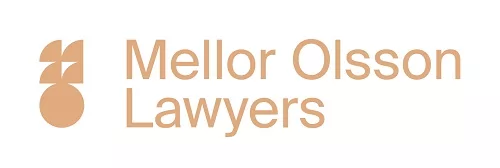Since COVID-19 entered Australia in early 2020, there have been questions raised as to the best way to enable health systems worldwide to cope with the virus and protect people from its various symptoms.
Pfizer and other pharmaceutical companies hurried to develop a vaccine that was rolled out as quickly as possible, leading to ongoing discussions in the community about safety concerns and whether the short and long term side effects had been given proper consideration.
What has come before with vaccinations and children in Australia?
In the past, the Family Court has been asked to make decisions about various medical treatments or interventions when parents have separated and are unable to agree on an outcome on their necessity. As per the Family Law Act 1975, decisions with respect to children will be made in accordance with what is considered to be in the best interests of the child.
Historically when it has come to vaccinations and preventative medicines, generally the Court have followed medical expert evidence and advice and have in some cases ruled in favour of inoculating children against diseases for which vaccinations have existed for many years; and improved in their efficacy, meaning the risk of side effects has been sufficiently reduced or limited.
The possible outcome
The question has been whether or not the Family Court will make an Order requiring parents to vaccinate their child against COVID-19 in circumstances where vaccinations (despite having been put through the required medical testing regime), have only been around for a short term and the long term effects cannot truly be known at this point in time.
Public opinion has been divided and there are some clear advocates for and against the vaccination, and whether it should be administered to children. We have previously discussed this issue and how these matters can be appropriately dealt with by separated parents (See article 'Co parenting and vaccination disagreements' by Associate, Mia Chenoweth).
Recent ruling example on vaccinations and children
The Family Court of Australia has recently given a ruling involving a 12-year-old girl from New South Wales in which the Court determined that the risk of the child contracting COVID-19 far outweighed the risks of any potential side effects from the Pfizer vaccination. The Court made an order that permitted the parent in favour of giving the child the vaccination to obtain a vaccination for her, despite the objection of the other parent.
This Court's decision relating to this case is yet to be published, meaning the individual facts including specific reasons why the Court ruled in this way are not known. The outcome of this case does not mean that each and every matter related to children and vaccination decisions will see the same outcome, however it is a clear example of the Court making an Order in favour of a child receiving the Pfizer vaccination in circumstances where her parents disagreed about the vaccination being given to her.
The content of this article is intended to provide a general guide to the subject matter. Specialist advice should be sought about your specific circumstances.


